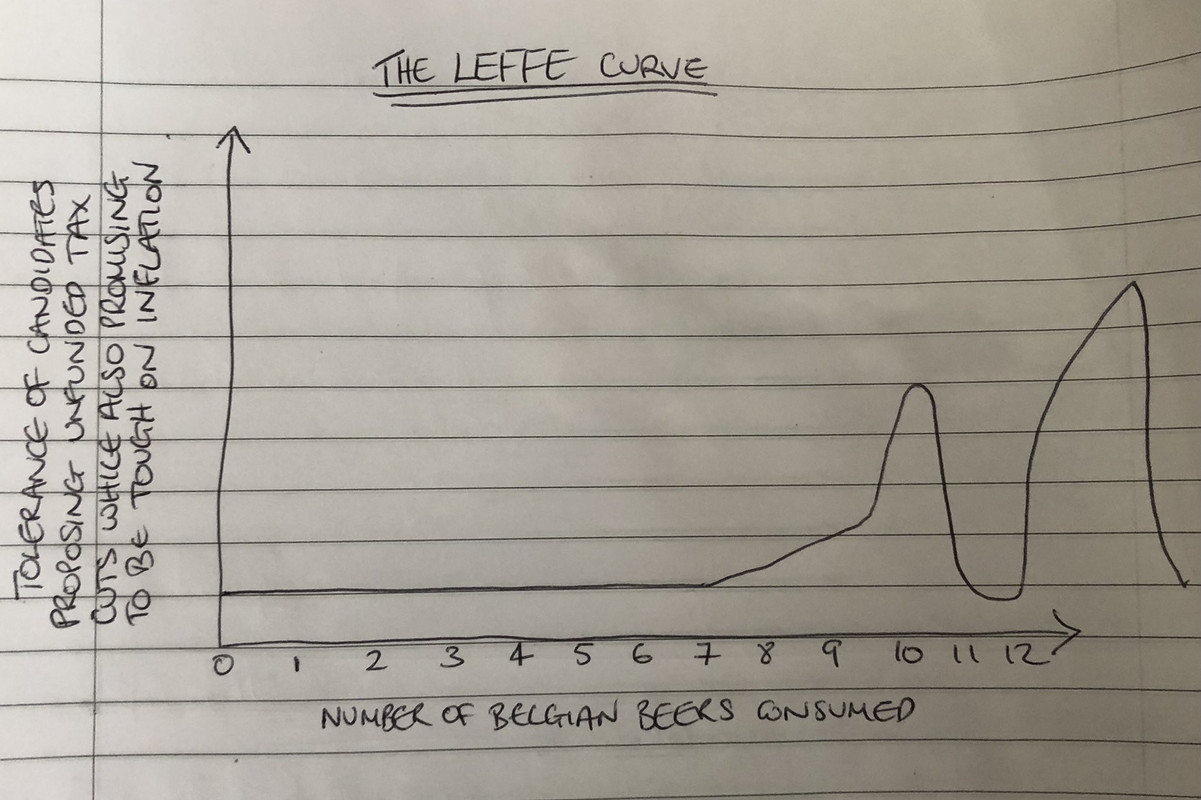Super Bigote
pfm Member
One thing is for certain; if mortgage rates rise sufficiently to trigger a house price crash, they will pile in on her. Which, I guess, is precisely why Truss won't allow that to happen, and has already talked about bring the BofE back under Government control.
That's exactly it. Any independence is granted and removed by the government. Not only that, the supposed independence is a sham as senior member's of the Treasury Department sit in BoE meetings that select the interest rate etc.


